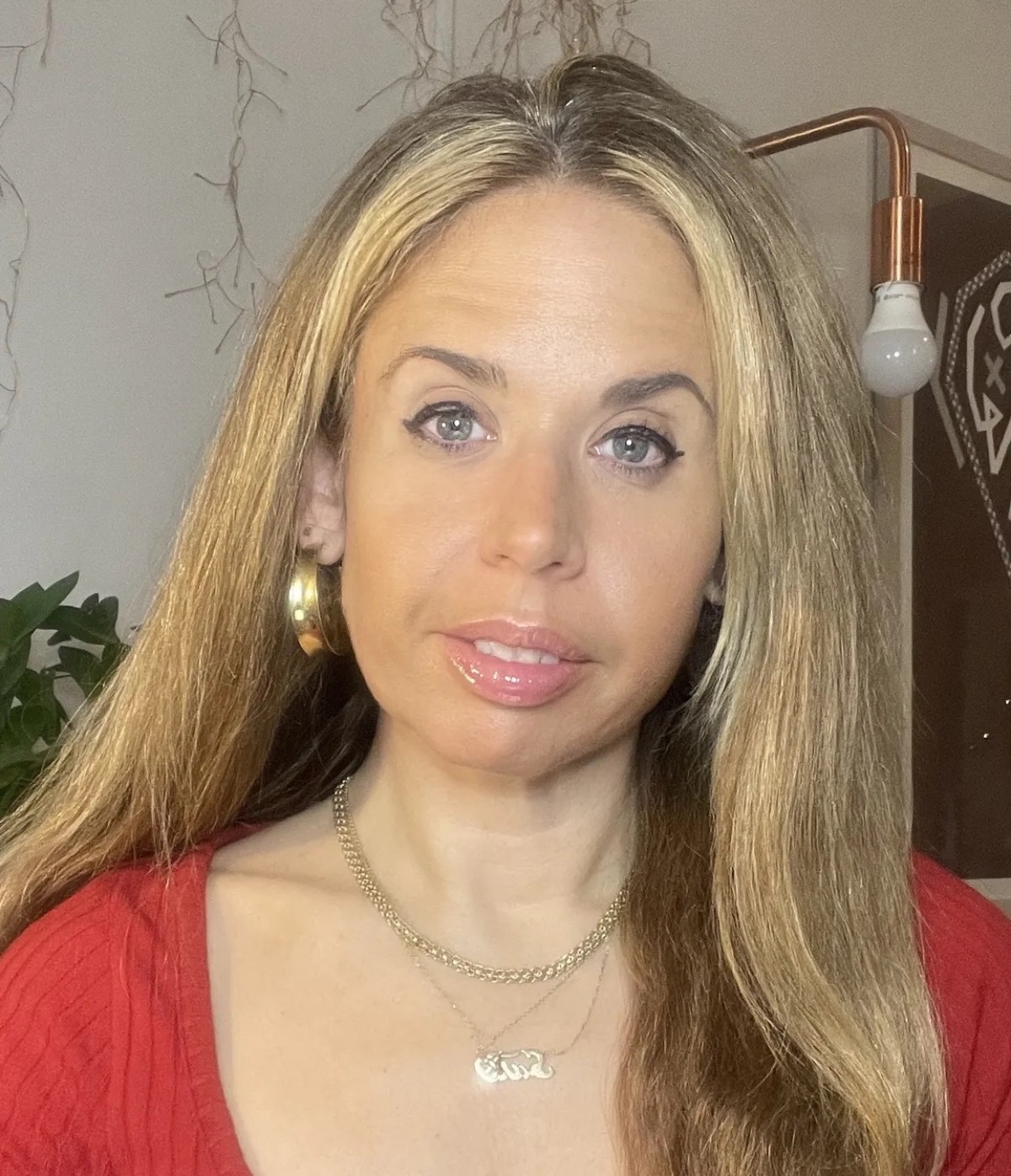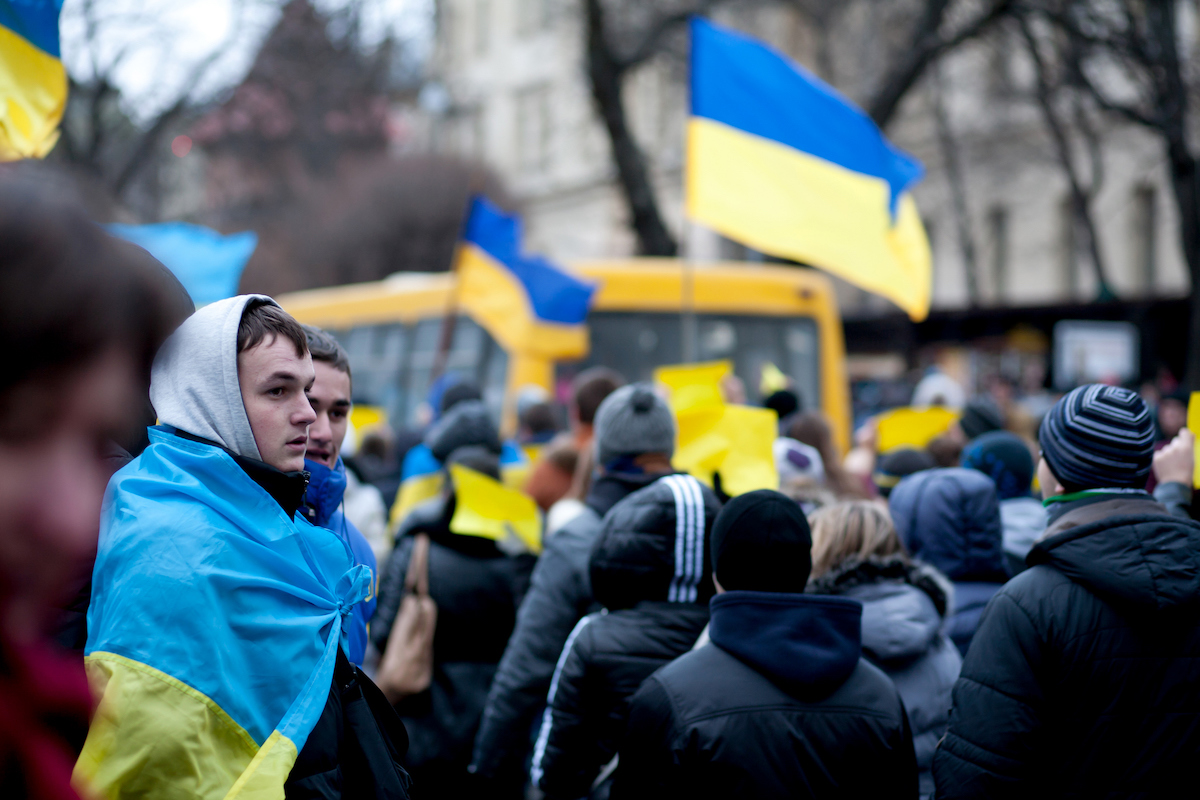Students are more aware than ever, as America grapples with extreme political division, economic inequity and now, a new war between two sovereign nations. Generation Z has not grown up in a time of peace, with various violent military operations throughout the globe marking the past several decades. However, as some experts liken the Russia-Ukraine War — with its geopolitics and global repercussions — to wars of the 20th century, students face new pressing questions.
That’s where social studies teachers play a critical role, writes TC alumna Sari Beth Rosenberg (MA ’02, Social Studies Education) in her latest column for Chalkbeat.

Sari Beth Rosenberg. (Photo courtesy of Rosenberg)
“Balancing [students’] enthusiasm for learning about current events with the pressure to cover the necessary content to prepare them for end-of-the-year exams has been one of my biggest struggles,” Rosenberg writes. “However, any time I doubt my decision to discuss news events in-depth, I remember that former students appreciated the lessons when I connected past events to the present. They tell me this years later.”
Rosenberg, a 20-year veteran of New York City public schools and frequent voice in education media, details how her classes have spent time over the past several weeks learning about the conflict and engaging in critical discussions. “If we continue teaching critical thinking skills and fostering empathy,” she writes, “Generation Z will lead us into a more accepting, equitable, and peaceful world.”
